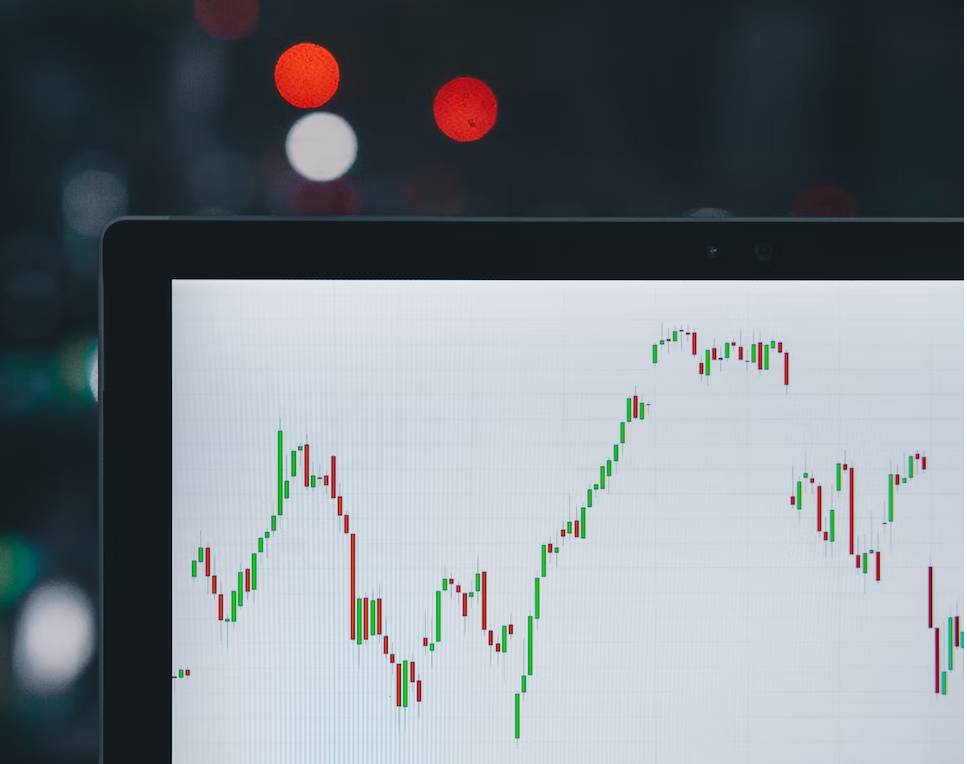
In almost every area, costs are considerable – including food, gasoline, and home value. The nationwide median sale price of a property in the United States was $160,000 in February 2012. Over ten years later, that figure has skyrocketed to an all-time high of $423,000. Why are homes selling for $100,000 or more above the asking price in some markets? It's simple: home prices have increased significantly over the years, but even more so in recent months.
There are three primary reasons why housing is expensive today: a shortage of inventory, historic inflation patterns, and high demand. Home prices have consistently trended with the nation's economy and have been a stable investment for buyers. Nevertheless, since the pandemic hit, average national inflation rates have increased alarmingly to 8.3% in April—a record high. Many people are priced out of owning and renting a home because inflation significantly impacts the real estate market.
The government usually tries to stop inflation in the housing market by increasing mortgage interest rates, but that doesn't seem to be working. So what's the plan? With inflation rising, what does that mean for cooling markets and housing prices? Join us as we explore how this recent development could affect homebuyers, sellers, and renters.
Over time, inflation causes prices to increase. For example, the cost of housing or groceries goes up. It means that each dollar you have will not be worth as much in the future. Experts and governments often consider inflation a keystone of a strong economy, planning for it in their long-term policies. For example, the Federal Reserve in the United States wants a 2% inflation rate year-over-year. As an economy grows and more jobs become available, there's more money to go around, which gives consumers greater purchasing power.
Demand-pull inflation occurs when there is too much money chasing too few goods. It creates a situation where prices are bid up, and companies can charge more for their products.

Cost-push inflation arises when the cost of inputs, such as raw materials or labor, rises.
This expense increase is then passed on to consumers through higher prices.

Built-in inflation is a type of inflation that is ingrained in the economy and expected to occur regularly. This type of inflation is often caused by wages and other costs rising over time.
In the past, when inflation rates would go up, so would mortgage interest rates to prevent people from buying homes they couldn't afford. However, since there is more demand than supply for housing, raising interest rates only serves to price more people out of the market.
Other than inflation, global supply chain issues, pandemic-induced consumption trends, and zoning issues are also influencing housing prices. He continues by saying that the housing market is unique from other assets.

Mortgage rates are essential to the economy since they respond to and influence inflation rates. The interest rate on a mortgage is also very significant in determining mortgage and housing affordability. Many individuals take out a fixed-rate loan (typically a 30-year fixed APR) that keeps the same interest rate throughout the loan term. Governments usually raise interest rates during inflation to maintain slowing housing costs and balance rising inflation.
While still low, the 30-year fixed-rate mortgage interest rate is currently 5.39 percent, up from 3% one year ago. The higher rate implies buyers must spend significantly more each month than last year.
There are a few reasons why rental costs are increasing so rapidly.
In high demand
A housing market that is both expensive and competitive
Adaptable jobs
a shift away from coastal cities
Rent freezes and eviction moratoriums imposed following the pandemic are ending.
More affluent renters
The current market is experiencing inflation, driving up the cost of renting and buying. As housing prices become increasingly unaffordable, more people are forced to rent. Rent prices rise as a result of limited supply, which outstrips demand. Rent prices in many sunny metros, such as Miami, FL, and Las Vegas, NV, have risen by 20% or more. Rent prices are likely to continue growing until housing costs decline.
When inflation goes up, housing prices usually follow suit. To combat this, the government often raises mortgage rates. Higher rates typically mean lower demand, leading to lower housing prices. Due to recent pandemic-related events and a higher than usual demand, home prices have reached record highs.
Most people don't realize this, but the housing market will slowly die. We're not sure when exactly, but home supply is already beginning to surpass customer demand. Inflation will drop when the world produces more renewable energy and untangles supply chain issues. It should make it easier for people who rent or want to buy a home.


Jan 24,2025

Nov 27,2022

Nov 20,2022
